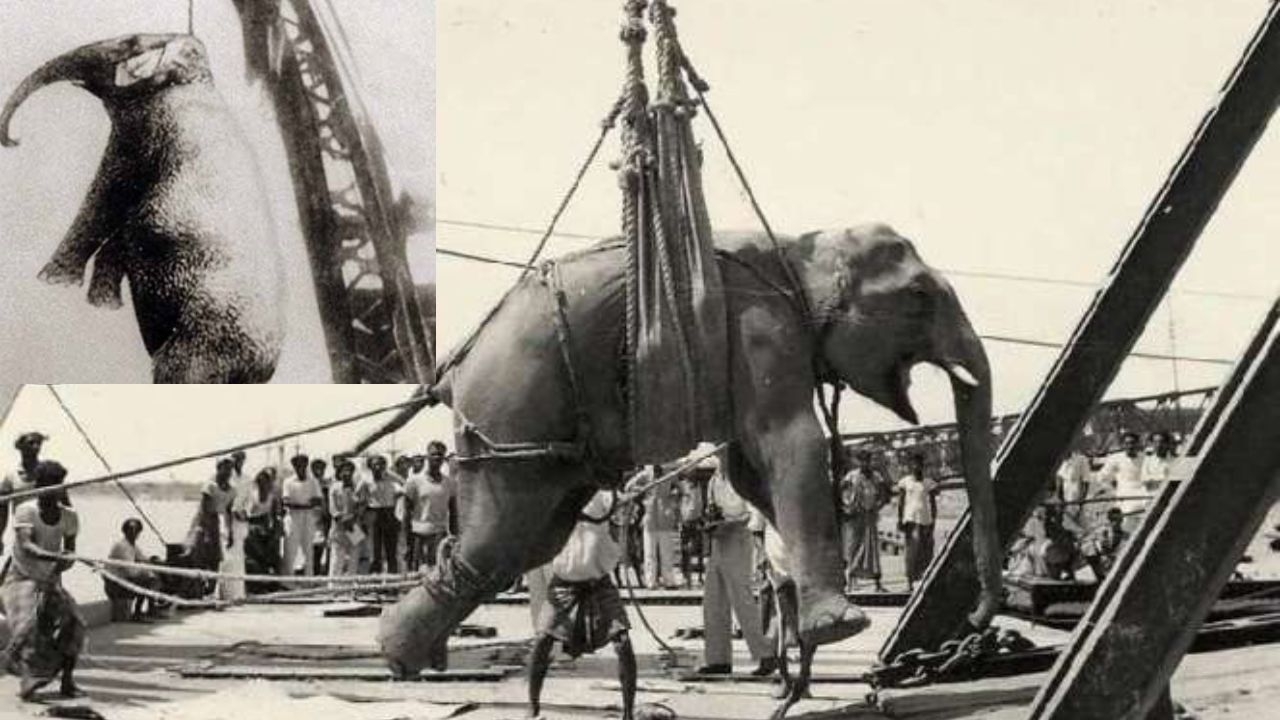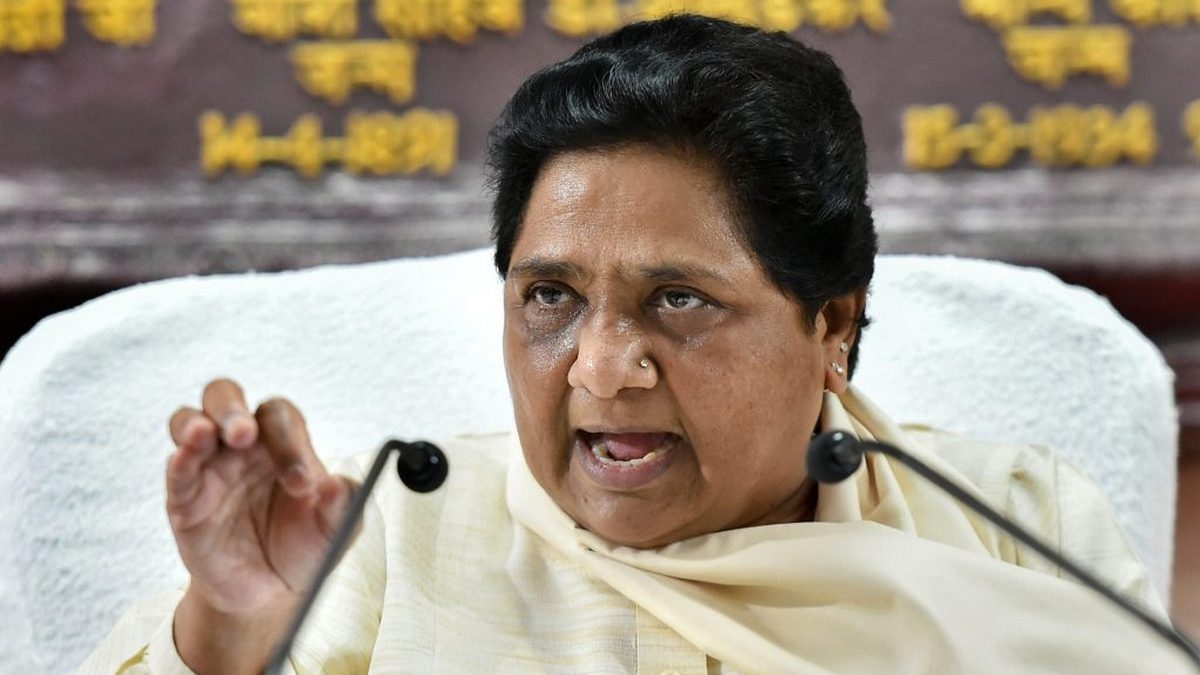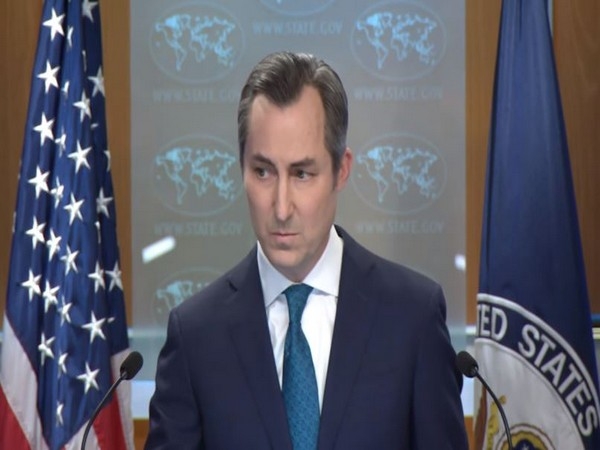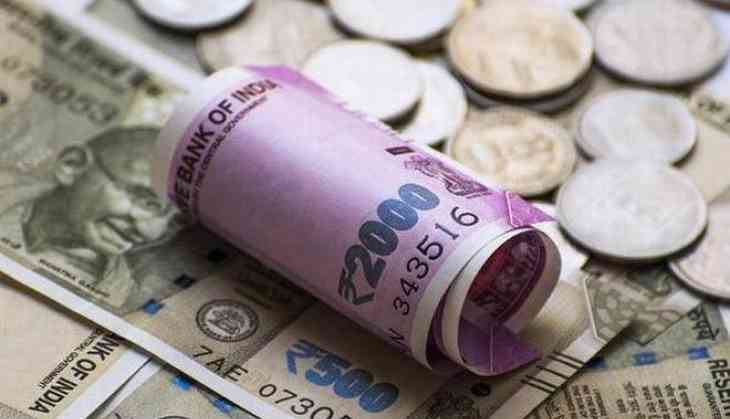
The tension is heightening in India between the four southern states and the BJP-led NDA government. The latest round in the on-going fight came after the central government suggested that the 15th Financial Commission should use 2011 Census population data for distributing central tax revenues, as opposed to the 1971 Census.
Siddaramaiah, the chief minister of Karnataka, said that the move would have a direct impact on the south’s interests and asked state leaders of Puducherry, Andhra Pradesh, Telangana, Tamil Nadu, Kerala, and Tamil Nado to resist the move. MK Stalin, working president of DMK, expressed similar concerns in a letter to PM Narendra Modi and chief ministers of ten states ruled by BJP. He said that the move would impact the equal distribution of the revenue among states, as well as adversely affect the fiscal capabilities of states to that of municipalities.
While the states are battling it out, individuals in India are watching their own personal funds, which includes keeping one eye on how the rupee is performing. Whether the debate over central funds will affect the rupee remains to be seen but, if it should prove to be the case, it could create a potential backlash, as domestic currency can have a ripple effect on all manners of personal finance, from budgeting to investing and trading. When it comes to the latter, it isn't necessarily just the rupee that matters, as foreign currency can also play a part. People in India know this all too well, having shown an interest of late in how to trade forex and where to find trading platforms, as well as hunting down guaranteed stops in volatile markets. Of course, this won’t matter to those in the south who are fighting for their share of central funds. Indeed, it would appear they have quite a battle on their hands.
The decision to use data from the 2011 Census was made in the 14th Finance Commission, which offers a 10 percent weighting to the 2011 Census when allocating central tax revenue. The consensus was, essentially, that the distribution ratio could not be based on present population after it asked states to carry out family planning measures. However, the southern states are arguing that from 1871 to 2011, these states experienced a decline in growth rate of their population, whereas that wasn’t the case in the north. Leaders such as Siddaramaiah and MK Stalin are contending that, by using the 2011 Census data, their state would receive far fewer funds, which they called punishment for spending on health schemes and education to cut down on fertility rates and promote literacy.
There have been a number of arguments made, however, that suggest why the 2011 Census data may not have any impact on the south’s share of the central revenue. NK Singh, chairman of the 15th Finance Commission, said that the 15th Finance Commissions’ terms of reference provide incentives for states that have observed controlled population rate and so concerns are balanced out. Despite the arguments made, leaders in the south continue to be concerned that the decision by the centre appears to be a move towards eventually using the 2011 Census data to dictate how many Parliamentary seats should be allocated to states, according to a report by Scroll.


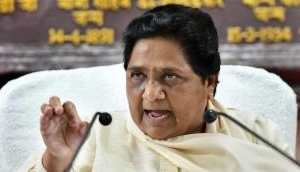
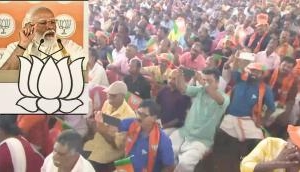
_251267_300x172.jpg)

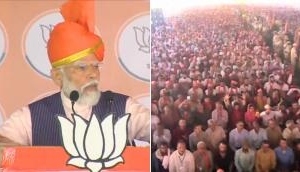
![BJP's Kapil Mishra recreates Shankar Mahadevan’s ‘Breathless’ song to highlight Delhi pollution [WATCH] BJP's Kapil Mishra recreates Shankar Mahadevan’s ‘Breathless’ song to highlight Delhi pollution [WATCH]](http://images.catchnews.com/upload/2022/11/03/kapil-mishra_240884_300x172.png)

![Anupam Kher shares pictures of his toned body on 67th birthday [MUST SEE] Anupam Kher shares pictures of his toned body on 67th birthday [MUST SEE]](http://images.catchnews.com/upload/2022/03/07/Anupam_kher_231145_300x172.jpg)


